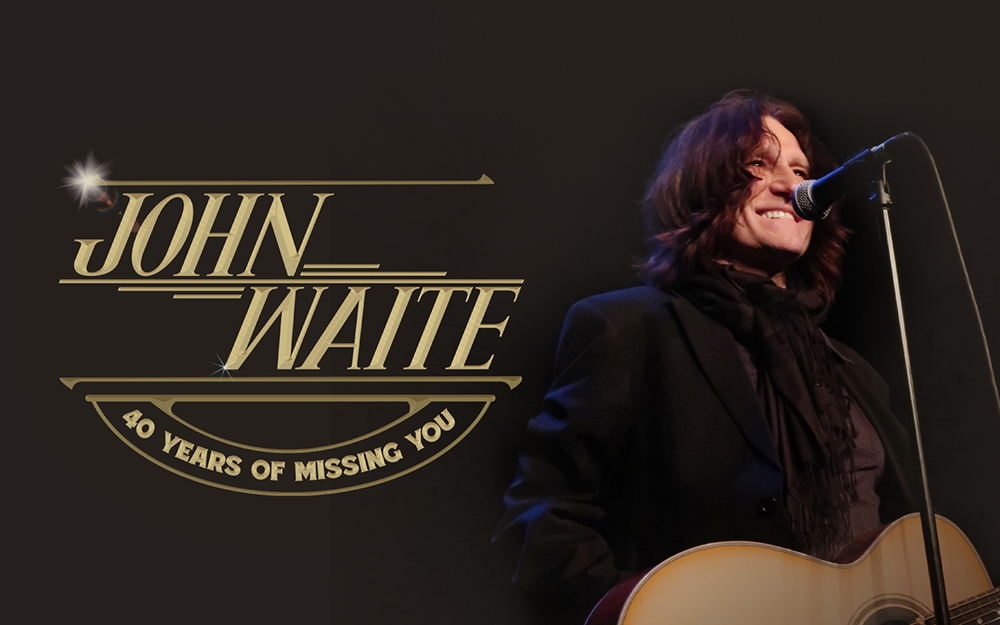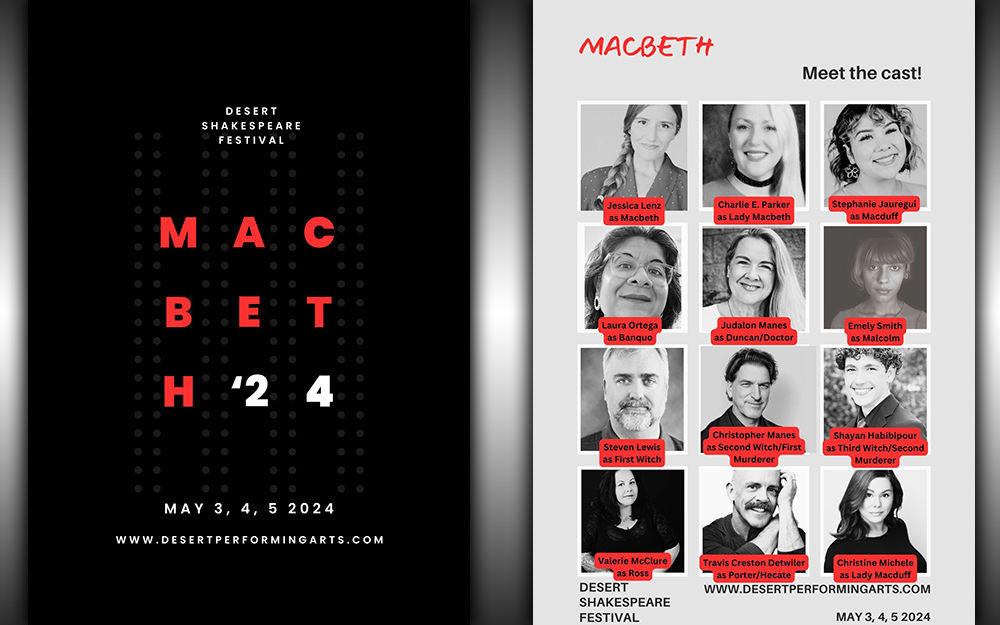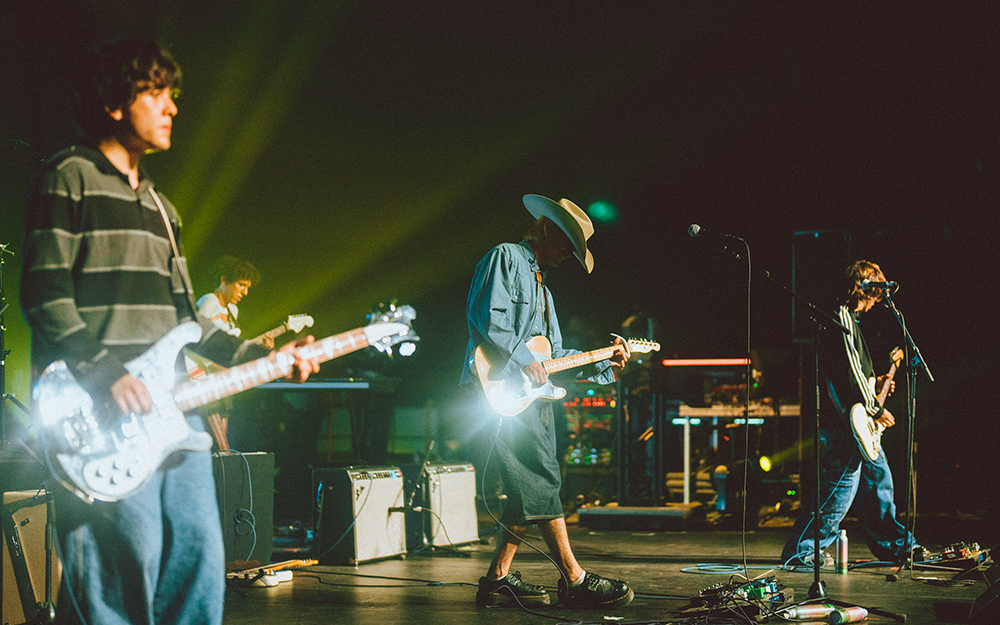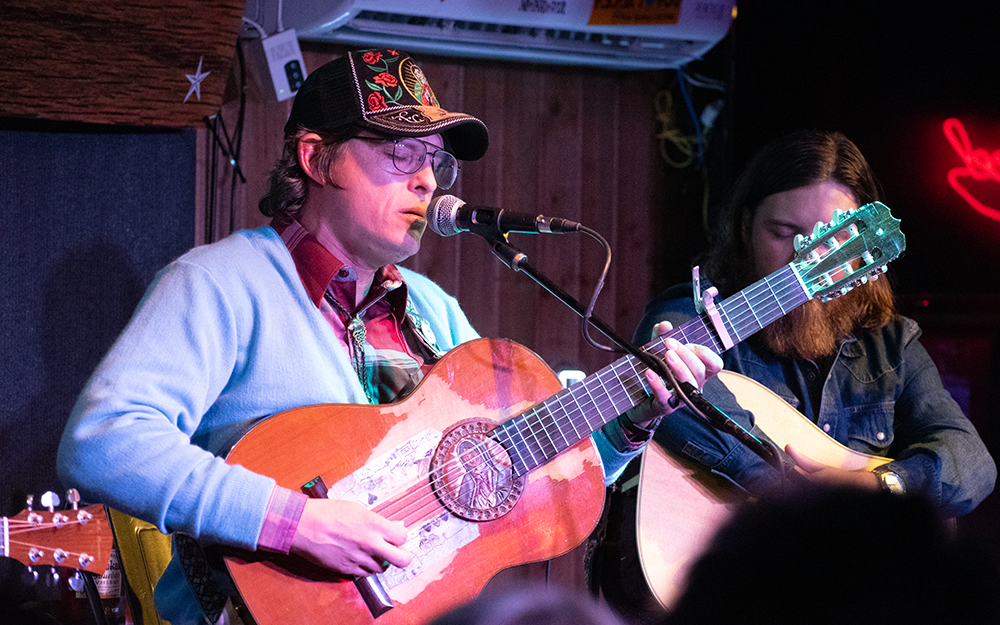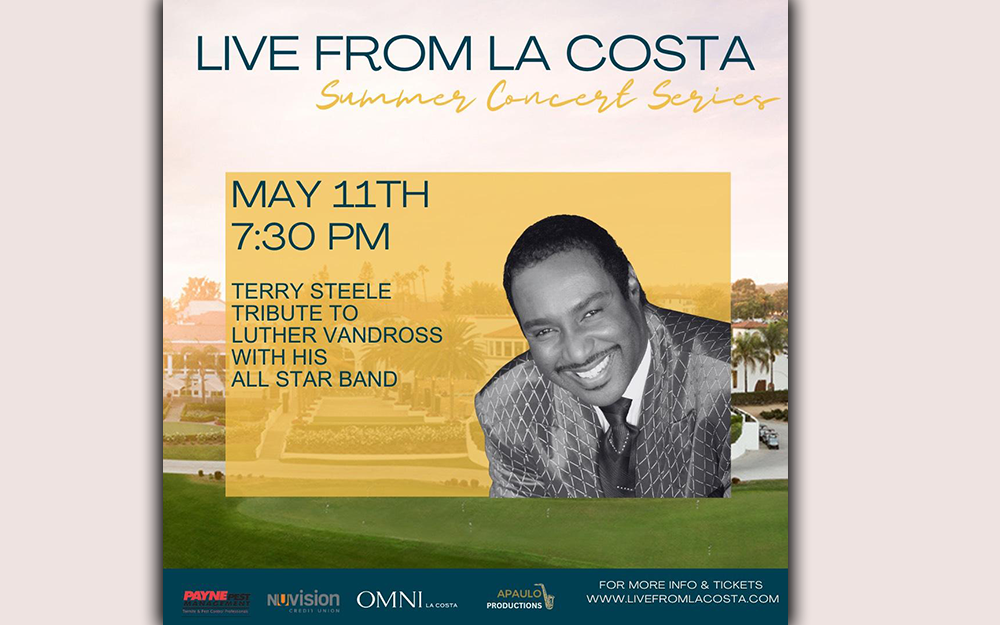
By Eleni P. Austin
Somewhere between Dolly Parton and Patty Griffin stands Sierra Ferrell. In the last few years, her sui generis sound, which blurs the lines between Country, Bluegrass, Hot Jazz and Western Swing, has landed her on plenty of Critics’ year-end lists. Although it feels like she just burst on the scene, the 35-year-old West Virginia native began pursuing a music career in her early ‘20s.
Sierra had a rural upbringing. Her parents divorced when she was five. Along with one of her two siblings, she lived with her mom in a trailer. The only source of entertainment was an old TV outfitted with rabbit ears. So, she learned how to create her own fun, spending time outdoors, relying only on her wits and her imagination.
She started singing before she could talk. Initially, her exposure to music was limited to her mom’s old Tracy Chapman and 10,000 Maniacs tapes. She also absorbed radio hits from Mariah Carey and Celine Dion. In school, she learned clarinet and sang in choir, and Shania Twain songs became her karaoke go-to. As she got older, she drew inspiration from a local group of unhoused musicians. Once she came of age, and just as the opioid epidemic took hold in her community, she left home, First, she and a friend hitchhiked, soon enough, she began train-hopping, she earned her keep busking on the street and her travels took her to Seattle, Chicago, New Orleans, Nashville and points in between. She began playing with a Grateful Dead cover band. It was also around this time that she discovered “Old Time” music. She began to dig into everyone from The Dillards and Dolly Parton to Flatt & Scruggs, Patsy Cline, Hank Williams, The Beatles, Byrds, Billie Holiday and The Carter Family. Once she soaked up these disparate influences, she began writing her own songs on acoustic guitar.
She crisscrossed the country busking and also played for a time in an all-girl Ragtime band known as Ladies On The Rag. For a time, she struggled with addiction and even OD’d during a visit home. She actually had an out-of-body experience, and felt like something was urging her toward a “white light.” In 2014, she relocated to Nashville, and began therapy. A huge turning point in her nascent career came when she played at American Legion #82 on their “Honky-Tonk Tuesdays.”
Respected musicians like Todd Snider (who compared her to Jack Kerouac and Woody Guthrie), began singing her praises. She had released a couple of records independently, Pretty Magic Spell and Washington By The Sea, in 2018 and 2019, respectively. That brought her to the attention of veteran producer Gary Paczosa (Dolly Parton, Alison Krauss), who helped her to secure a deal with Rounder Records. Her first album for the label, Long Time Coming arrived in 2021 and critical acclaim was unanimous. Pretty soon, she was singing and touring with The Black Keys, then she recorded a hit song, “Holly Roller,” with Country phenom, Zach Bryan. That introduced her to a whole new audience. Now she has returned with her second long-player for Rounder, Trail Of Flowers The record announces itself with “American Dreaming.” A bit of wordless vocalese is quickly usurped by bramble-thick banjo, strummy acoustic guitars and a chugging beat. Sierra’s honeyed rasp echoes antecedents like Loretta and Dolly, as traces of her Mountain State accent peek through. Lyrics chronicle the eternal disconnect of a musician on tour: “Wake up in an old motel, is it somewhere different, I can’t tell, every set of curtains opens to the open road and I’m missing you like hell.” With nothing to distract, she’s stuck revisiting the mistakes of a failed romance: “I should get some rest today, then pack my bags and be on my way, but my mind’s always workin’ on the way it could have been. Tryin’ to tow a tightrope line, find a way to feel feel fine without drowning in this wine and calling you again.” Finger-picked guitars and shivery lap steel underscore the heartsick and homesick ache on the break.
Despite her age, it’s clear that Sierra possesses an old soul. With each of her albums, she takes a stylistic leap forward, adding new colors and textures to her sonic palette. “Why Haven’t You Loved Me Yet” is something of a Hawaiian cha-cha-cha, wrapping slack key-flavored guitar, rubbery electric riffs and flinty bass around a cha-cha beat. The breezy melody and arrangement manage to camouflage broken-hearted lyrics that find Sierra practically stalking a former flame: “Well, the moon is hanging low, how it is big and round, I’m watching you, how you run all over town, with another girl, I see how they quickly come and go, I’m wondering why it’s not me that you hold/I’m all alone, all alone, in my house, my home, I’m just wondering why haven’t you loved me yet?” On the break, lonesome lap steel meanders with a melancholy purpose, zig-zagging around an incongruous Latin lilt.
Completely flipping the script, “Rosemary” could almost be characterized a traditional Murder Ballad, if it wasn’t for the song’s jaunty tempo. Filigreed acoustic fretwork accompanies the opening verses, as Sierra paints a vivid portrait of a woman scorned. Rapid-fire riffs accelerate as her ire increases: “But you went back to Rosemary, you went back up on the hillside, way back in the mountains, where Rosemary, she waits for you.” As elastic electric guitar, agile bass, wily organ and a skittery beat are folded into the arrangement, she neatly dodges her own death, and puts a plan in motion: “So I went back to the mountains, I went up on the hillside, I went to Rosemary’s where I’m killing both of you SO, I made a garden, I dug it in the morning, and underneath that flower bush, well, Rosemary waits for you, yes Rosemary waits for you.”
She also refashions the Bluegrass favorite, “Chittlin’ Cookin’ Time In Cheatham County,” a song that dates back nearly 100 years. Sierra’s sweet vocals glide over an arrangement that straddles Gypsy Jazz, Blues and Hot Jazz. Slinky guitar partners with frisky harmonica, fluttery lap steel, lowing bass and a trap-kit beat. Sierra’s sultry vocals caress double-entendres like “When it’s chittlin’ cookin’ time in Cheatham County, I’ll be courtin’ in them Cheatham County Hills, and I’ll pick a Cheatham County cooker, I’ve a longin’ that the chittlins will fill.” A gutbucket solo gets down and dirty on the break.
The best songs here hopscotch across the record. First up is “Dollar Bill Bar.” Jangly acoustic riffs are matched by thorny baritone notes, knotty bass lines and a junky backbeat. Drowning her sorrows at a cheesy watering hole, Sierra warily fends off would-be suitors: “So don’t look too close at the dollar bills down at the Dollar Bill Bar, you may see my name written there, then you know I’ve been here before, you may think that you are special, think that you’ve got what it takes, but I’m standing here to tell you, that was your first mistake.” On the break, a courtly guitar solo locks into a ramshackle pas de deux with smoky harmonica runs that swings as it stings. By the final verse, she finally lets down her guard, offering some unvarnished home truths: “So if I ask you for a dollar bill, down at the Dollar Bill Bar, just think twice before you pony up and take me for a twirl on that floor, and if I tell you that I love you, and I want to take you home, just turn around here and leave here, cause I’m telling you, you’re better off alone.”
Following the infectious charms of “The Dollar Bill Bar,” the next track, “Fox Hunt,” executes a stylistic 180 and sticks the landing. Something of a Southern Gothic Stomp, wild Banshee fiddle and a wall of War Cry backing vocals collide with gritty guitar, roiling bass lines and a thunking beat. Lyrics take the listener back to a more primitive era: “With a gun in hand and my man, we go into the woods, I know just what I need to do and yes, it’s understood, rumbling belly, shaking limbs we’re gonna try and make a stand, no we’re not going anywhere without a prize from the land. On the break, they put the pedal to the metal, hugging the arrangement’s hairpin curves as shivery fiddle runs slip into a cyclonic groove.
The action slows on “Wish You Well.” Sun-dappled acoustic guitars brush up against sylvan strings, plangent electric riffs, sepia-tone steel guitar, spidery bass, keening fiddle and a relax-fit beat. More than a quarter of a century ago, Lucinda Williams angrily growled “you took my joy and I want it back.” on her song “Joy.” Here, Sierra takes a more nuanced approach: “Nothing could prepare me for the joy you took from me, stole away the person that I was when I was free, learning how to tell those lonesome feelings not to dwell, though you’ve hurt me, I still wish you well.” On the break, willowy fiddle notes unspool atop gossamer strings. The final verse simply cuts to the quick: “I could let you rattle in the rafters of my brain, cry until my tears could fill the river with the rain, but I finally found a way to break your dreadful spell, though you’ve hurt me, I still wish you well.”
Meanwhile, “Lighthouse” is a bit of a back porch ramble powered primarily by intertwined mandolin and fiddle, as well as loose-limbed bass, chunky rhythm guitar riffs and rat-a-tat beat. There’s some call-and-response on the chorus, which is simply yearning for a bit of love and affection: “Could you be the lighthouse (could you be the) could you be the lighthouse of my soul, could you be the guiding light, tell me everything’s alright, (could you be the) could you be the one that I love so?”
Finally, “I’ll Come Off The Mountain” sounds like the best Carter Sisters song you’ve never heard. Stacked, sunny harmonies lattice do-si-do fiddle, chicken-scratch guitar and a finger-snapping beat. But even her sweetest come-on contains a soupcon of menace: “Ah, heathers on the hillside, and moss is in the trees, I’m around your mouth because you’re sweet like honeybees, oooh, you can surely sting, I’ll come off the mountain now, if you’ll just say my name.”
Other interesting tracks include the shaggy dog locomotion of “Money Train” and the impossibly hooky “I Could Drive You Crazy.” The record closes with the lovelorn sing-a-long, “No Letter.” The bare-bones arrangement is anchored by just a couple of acoustic guitars and piquant mandolin. While lyrics pine for a long-distance sweetheart, the buoyant melody succeeds in washing away the angst.
At just 35, Sierra Ferrell has lived a thousand lifetimes, and it feels as though she has a million stories to tell. Trail Of Tears is by turns, playful, mordant and vulnerable. As spangly as a sequined Nudie suit, and as comfortable as a frayed denim jacket.




